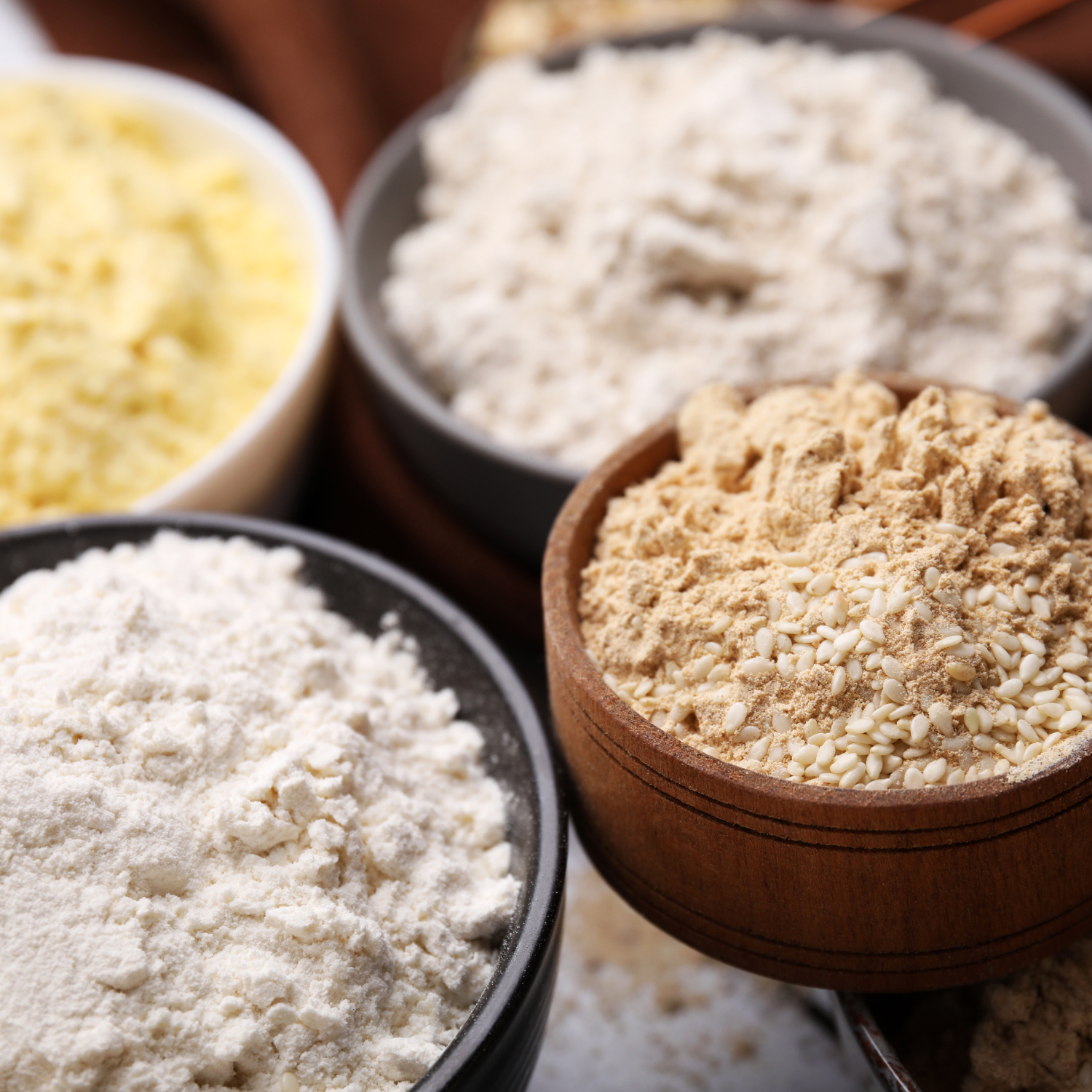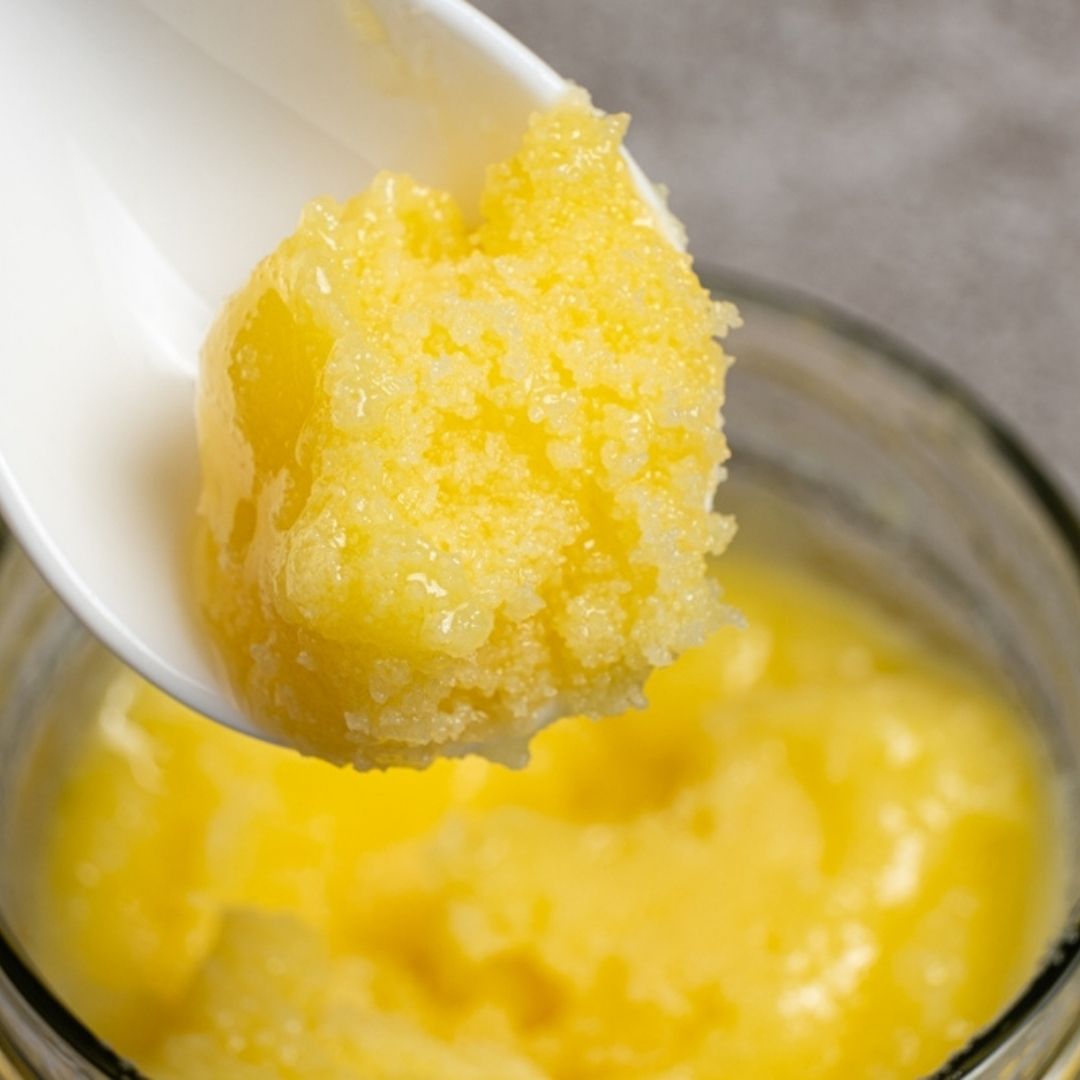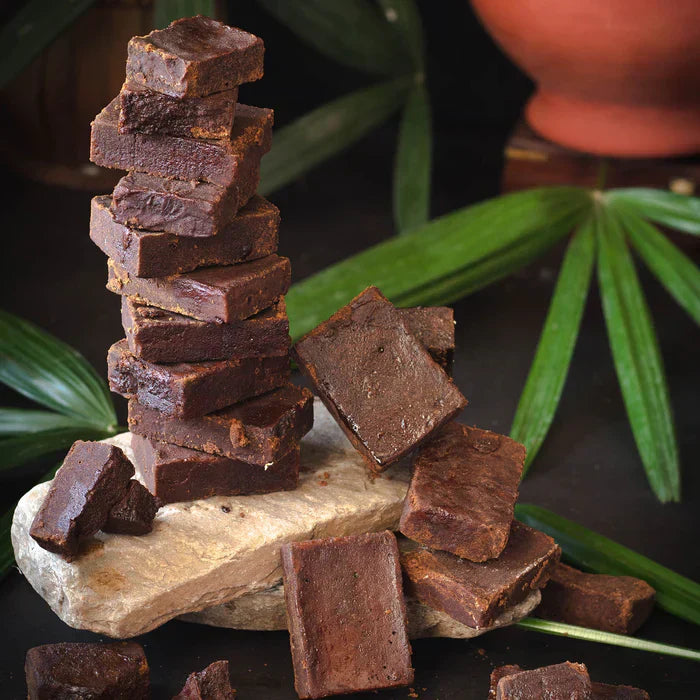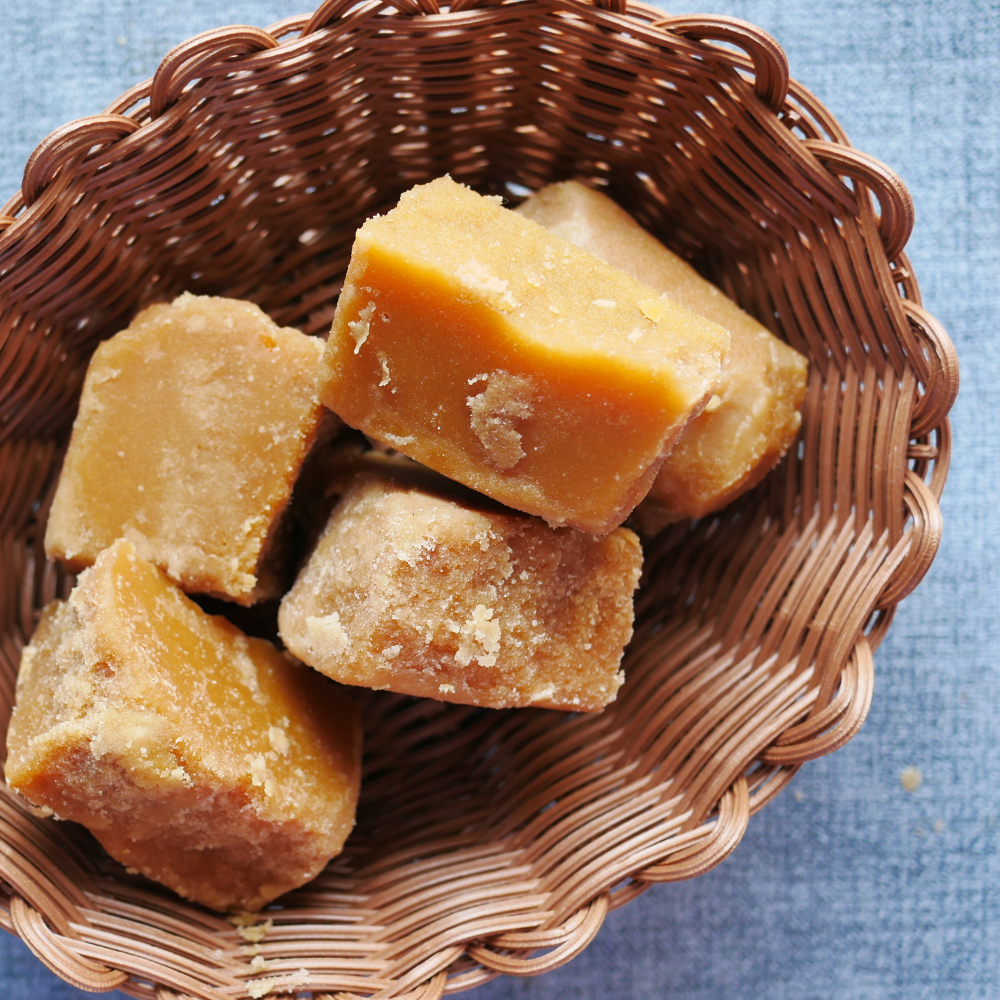Ghee, also known as clarified butter, holds a revered place in traditional Ayurvedic medicine. For centuries, this golden substance has been a staple in Indian households, not just as a cooking ingredient but as a therapeutic agent. Ayurvedic practitioners believe that ghee, especially when made from A2 cow milk, offers numerous health benefits, including balancing the body’s doshas, nourishing the tissues, and promoting overall well-being. In this blog, we will explore the various uses of ghee in Ayurveda and how it continues to be an essential part of natural healing.
What is Ghee?
Ghee is a form of clarified butter made by simmering butter and removing the milk solids and water content, leaving behind pure, rich fat. The process of making ghee transforms it into a stable fat that can be stored for long periods without refrigeration. With a high smoke point, ghee is perfect for cooking at higher temperatures, making it a preferred choice in many Indian kitchens. Its nutty, caramelized flavor enhances the taste of various dishes, adding depth and richness.
The distinction between ghee and regular butter is notable. While butter contains milk solids and water, ghee is purified butter from which these components have been removed. This not only gives ghee a higher smoke point, making it better for cooking, but also renders it lactose-free. As a result, ghee is an excellent option for those who are lactose intolerant or seeking to avoid dairy's adverse effects.
Ghee in Ayurveda: A Healing Tradition
In Ayurvedic medicine, ghee is regarded as one of the best substances for health. Its benefits go beyond mere nourishment; it is used for various healing practices, including promoting digestion, boosting immunity, enhancing skin health, and even serving as a medium for herbal medicines. The versatility of ghee in Ayurveda stems from its ability to harmonize with various herbs and ingredients, making it a fundamental component in many Ayurvedic formulations.
The Role of Ghee in Balancing Doshas
Ayurveda categorizes individuals into three doshas: Vata, Pitta, and Kapha. Each dosha represents different elements and qualities within the body. Ghee is known to balance these doshas effectively, particularly Vata, which is often associated with dryness and instability. Its nourishing and lubricating properties help combat these qualities, promoting stability and grounding.
For individuals with Pitta imbalances, characterized by heat and intensity, ghee acts as a cooling agent. It can help soothe inflammation and irritation, making it beneficial for those with skin conditions or digestive issues. Meanwhile, for those with Kapha imbalances, ghee can be used in moderation to enhance digestion and promote healthy metabolism.
Nutritional Benefits of Ghee
Ghee is rich in essential fatty acids, vitamins A, D, E, and K, and antioxidants. These nutrients contribute to overall health, supporting various bodily functions. The presence of butyrate, a short-chain fatty acid found in ghee, is particularly noteworthy. Butyrate has been linked to numerous health benefits, including improved gut health, reduced inflammation, and enhanced immune function.
Moreover, ghee is a source of healthy fats, which are crucial for hormone production and absorption of fat-soluble vitamins. The fat content in ghee aids in the body’s nutrient absorption, making it a valuable addition to a balanced diet. When incorporated into meals, ghee helps promote satiety and can be a part of a healthy weight management strategy.

Ghee and Digestion
One of the primary uses of ghee in Ayurveda is its role in promoting digestion. Ghee is known to stimulate the production of stomach acids and digestive enzymes, facilitating better digestion and absorption of nutrients. It can also help soothe and heal the digestive tract, making it beneficial for those suffering from conditions like irritable bowel syndrome (IBS) or acid reflux.
In traditional Ayurvedic practices, ghee is often combined with herbs to create specialized formulations aimed at improving digestive health. For instance, Anxiety Healing Brahmi Ghee is designed to promote mental clarity and calmness, while Stress-Relieving Ashwagandha Ghee can help manage stress levels and support overall well-being.
Ghee as a Carrier for Herbal Medicines
Ghee is not only consumed on its own but is also widely used as a carrier for various herbs in Ayurvedic medicine. This practice is rooted in the belief that ghee enhances the absorption and effectiveness of the herbal properties. Many herbal formulations are designed to be mixed with ghee, allowing for more potent therapeutic effects.
For example, Tulsi Ghee combines the properties of holy basil with ghee, creating a powerful concoction that supports daily wellness and overall health. Similarly, Immunity-Boosting Turmeric Ghee harnesses the anti-inflammatory and antioxidant properties of turmeric, promoting a robust immune system.
Additionally, the Triphala Ghee is a popular Ayurvedic formulation known for its detoxifying and rejuvenating properties. This ghee-based product combines three fruits (amalaki, bibhitaki, and haritaki) and is often used to enhance digestion and promote detoxification.
Ghee in Skincare
Beyond its internal benefits, ghee has been used for centuries in Ayurvedic skincare. Its moisturizing properties make it an excellent choice for dry or sensitive skin. When applied topically, ghee helps to hydrate the skin, improve elasticity, and promote a healthy glow. Its anti-inflammatory properties can also assist in soothing irritated or inflamed skin.
In Ayurveda, ghee is often infused with various herbs and oils to enhance its benefits. For instance, ghee can be mixed with essential oils like lavender or rose to create a nourishing moisturizer. This combination not only hydrates the skin but also provides aromatherapy benefits, promoting relaxation and stress relief.
Choosing the Best Ghee for Ayurvedic Practices
When selecting ghee for Ayurvedic use, it is crucial to choose high-quality, organic options. Organic grass-fed ghee is preferred, as it comes from cows that are allowed to graze on pasture, resulting in a richer nutrient profile. A2 cow ghee, derived from A2 milk cows, is also highly sought after due to its easier digestibility and potential health benefits. Brands like Ancient Organics Ghee and Pure Indian Foods Ghee offer a range of options that meet these criteria.
For those looking for specialized ghee products, Two Brothers Food provides an array of herbal ghee options, including Anxiety Healing Brahmi Ghee, Stress-Relieving Ashwagandha Ghee, Immunity-Boosting Turmeric Ghee, and more. These products are crafted to deliver specific health benefits, making them a valuable addition to any Ayurvedic regimen.

Incorporating Ghee into Your Diet
Incorporating ghee into your diet is simple and versatile. It can be used in various culinary applications, including cooking, baking, and as a finishing oil for vegetables and grains. For those who are accustomed to using butter, transitioning to ghee can enhance flavors while providing additional health benefits.
A tablespoon of ghee can be added to hot rice, drizzled over roasted vegetables, or stirred into soups and stews for added richness. It can also be used in salad dressings, smoothies, and baked goods. The key is to enjoy ghee in moderation and as part of a balanced diet.
FAQs about Ghee in Ayurveda
-
What is ghee, and how is it made?
Ghee is clarified butter made by simmering butter to remove milk solids and water, resulting in a rich, golden fat. It can be made from cow's milk, preferably from A2 cows for enhanced health benefits. -
What are the health benefits of ghee?
Ghee is rich in essential fatty acids, vitamins, and antioxidants. It promotes digestion, supports immune health, and nourishes the skin. Additionally, it has anti-inflammatory properties and is suitable for those with lactose intolerance. -
How can ghee be used in cooking?
Ghee can be used in various culinary applications, including frying, sautéing, baking, and as a finishing oil for dishes. It adds a rich, nutty flavor to foods. -
Can ghee be used in skincare?
Yes, ghee is beneficial for skin health. It can be applied topically to moisturize and soothe dry or irritated skin, and it is often infused with herbs and oils for enhanced benefits. -
How do I choose the best ghee for Ayurvedic use?
Look for organic, grass-fed ghee or A2 cow ghee to ensure high quality. Brands like Ancient Organics Ghee and Pure Indian Foods Ghee offer premium options, while specialized products from Two Brothers Food provide additional health benefits. -
Is ghee suitable for everyone?
Ghee is generally safe for most people, including those who are lactose intolerant. However, individuals with specific dietary restrictions or health concerns should consult a healthcare professional before incorporating it into their diet.
Conclusion
Ghee is more than just a culinary delight; it is a cornerstone of Ayurvedic medicine, providing numerous health benefits that have been recognized for centuries. Whether used for cooking, as a carrier for herbal medicines, or in skincare, ghee continues to be a versatile and valuable ingredient in promoting overall health and well-being. Embrace the ancient wisdom of Ayurveda by incorporating ghee into your lifestyle and experience its transformative effects on your body and mind.








